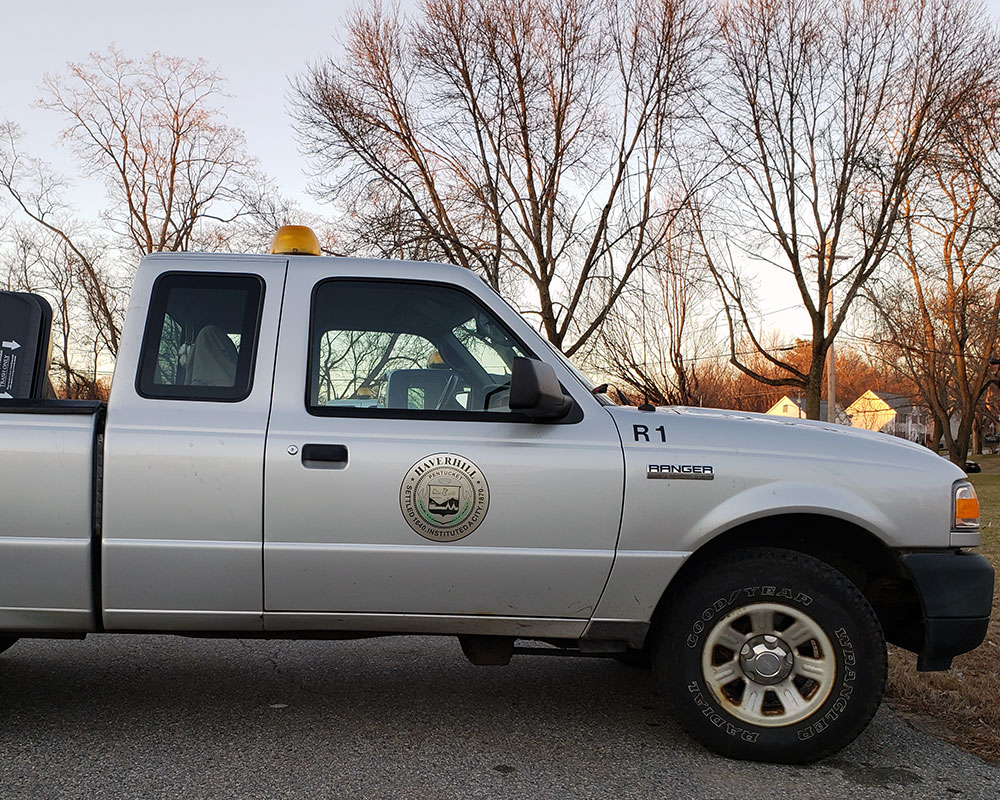The City of Haverhill and the Merrimack River Watershed Council are receiving state financial help to replace and enlarge culverts to be ready for large storms.
Haverhill was awarded $87,000 for replace its East Meadow River culvert, while the Merrimack River Watershed Council is receiving $199,939 for high-priority dam removal, culvert replacement and floodplain restoration projects across the region. The money comes from $6.4 million in Culvert Replacement Municipal Assistance grants to strengthen community preparedness for large storms, improve climate-ready infrastructure, restore flood storage capacities and protect fisheries, wildlife and river habitat.
“With extreme weather becoming more frequent, projects like these are a climate-smart investment to help cities and towns adapt to climate change,” said Gov. Maura Healey. “It is important that we upgrade culverts and small bridges to prevent flooding and reduce public safety risks. We are proud to announce these awards that will support our communities and ecosystems for generations to come.”
Haverhill plans to use money for field data collection for a culvert removal and replacement project on Brandy Brow Road to improve stream connectivity of the East Meadow River.
Department of Fish and Game Commissioner Tom O’Shea and Division of Ecological Restoration Director Beth Lambert announced the awards in Chester before visiting a culvert that recently failed because of catastrophic flooding in western Massachusetts. The Culvert Replacement Municipal Assistance Grant Program is one of the resources the administration uses to help communities replace undersized and deteriorating culverts with crossings that meet improved design standards. The grants target culverts whose replacement brings significant ecological and resilience benefits and helps municipalities deal with the increasing aging road infrastructure costs.
Nearly half of an estimated 25,000 small bridges and culverts in Massachusetts act as barriers to fish and wildlife because they are undersized or poorly positioned. Installing culverts that meet the Massachusetts Stream Crossing Standards allows rivers to flow unrestricted, improves access for fish and wildlife and lowers the risk of flood damage.
